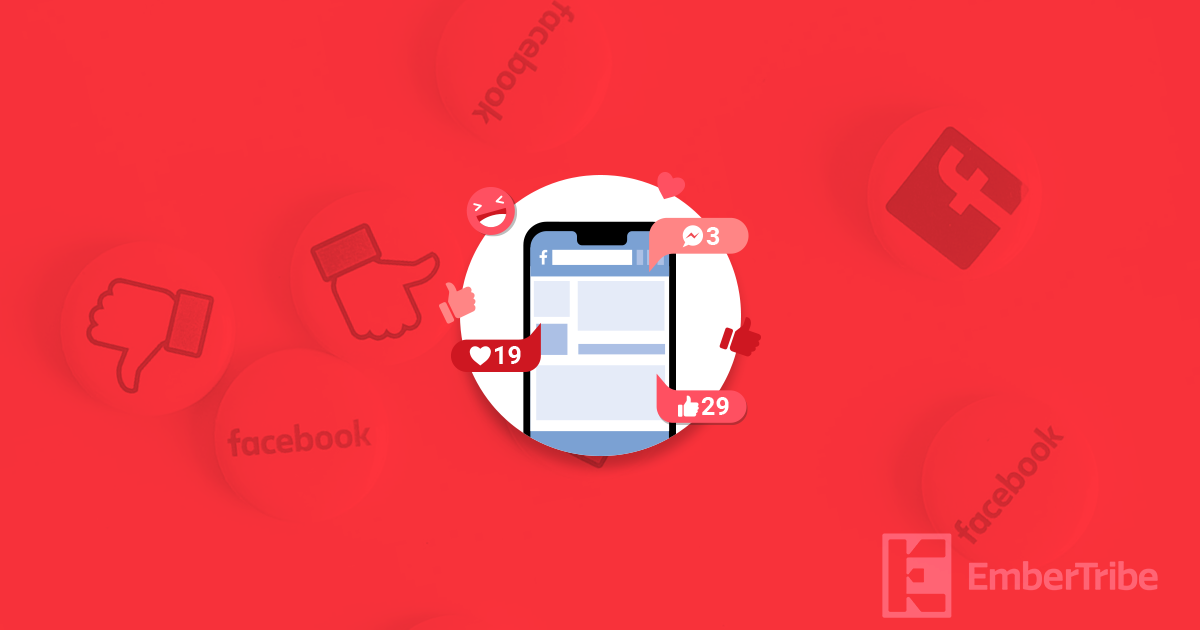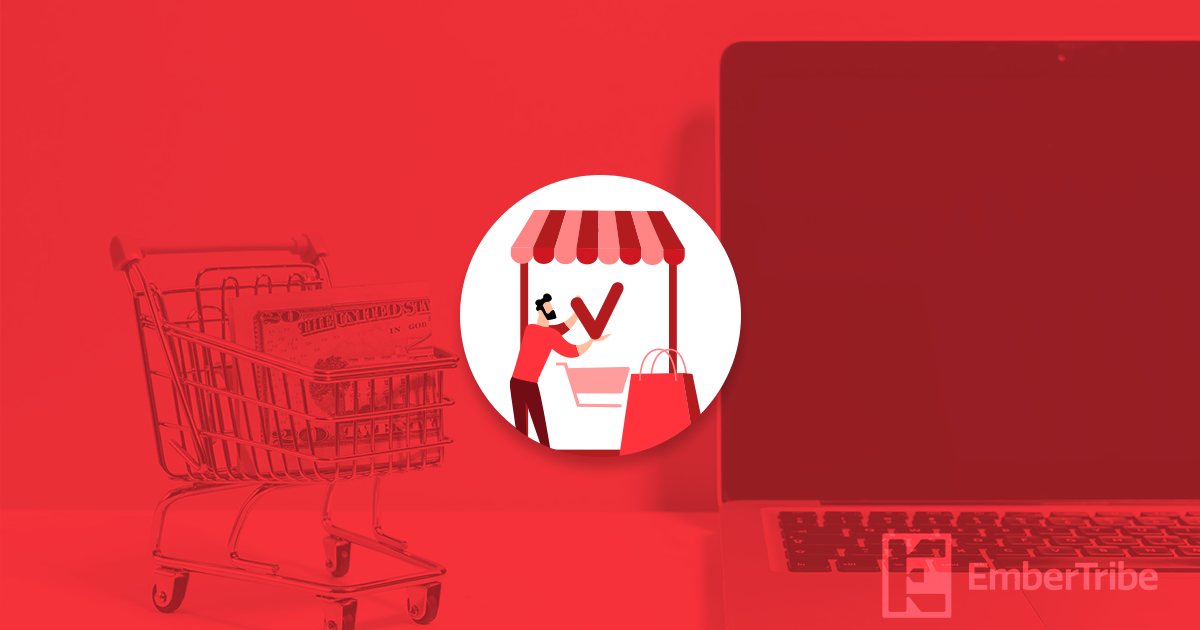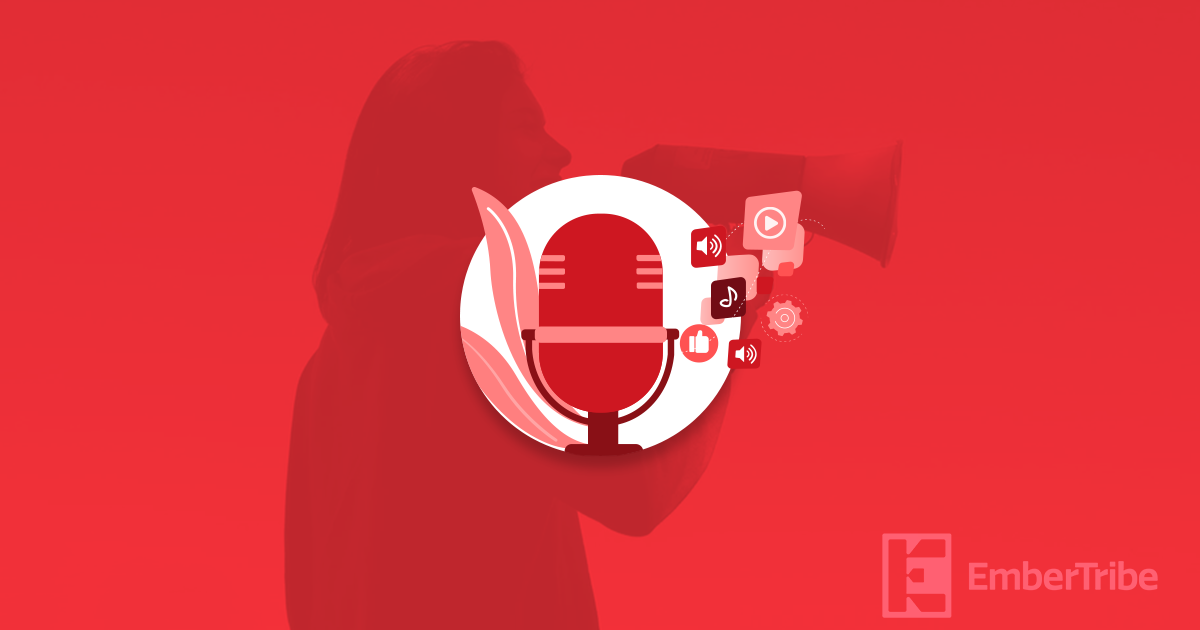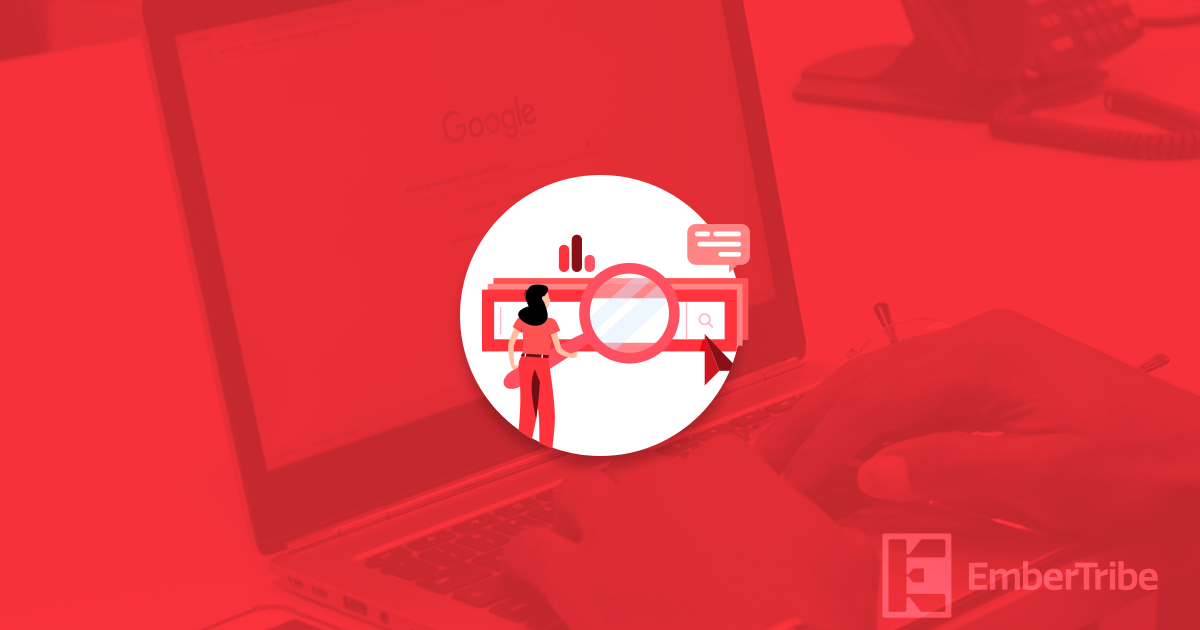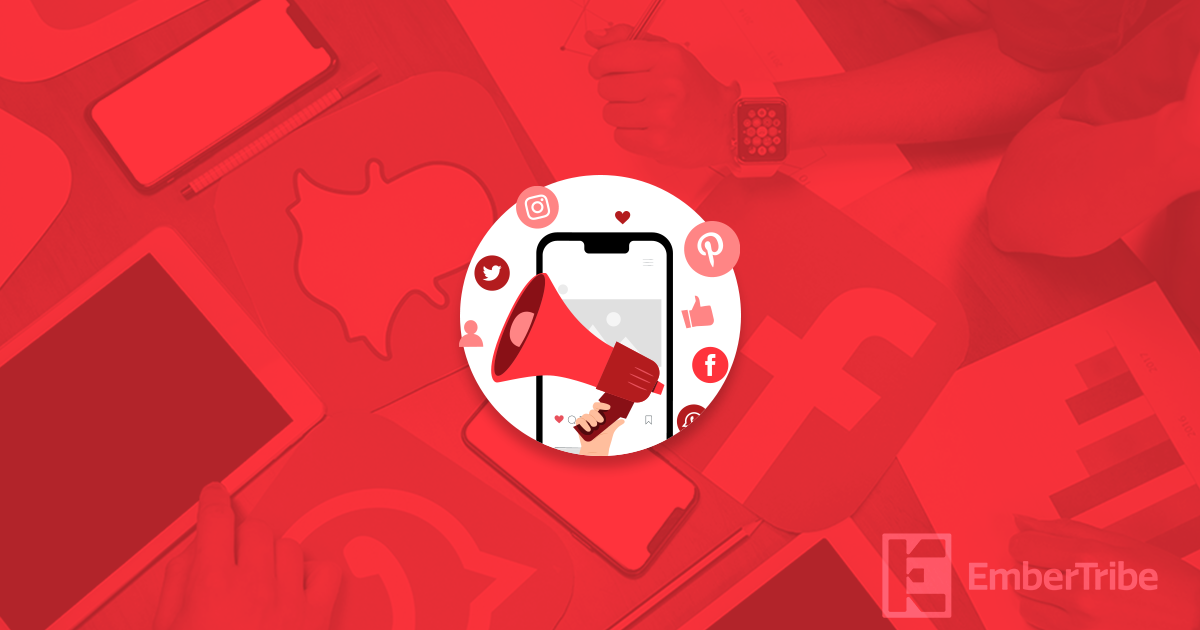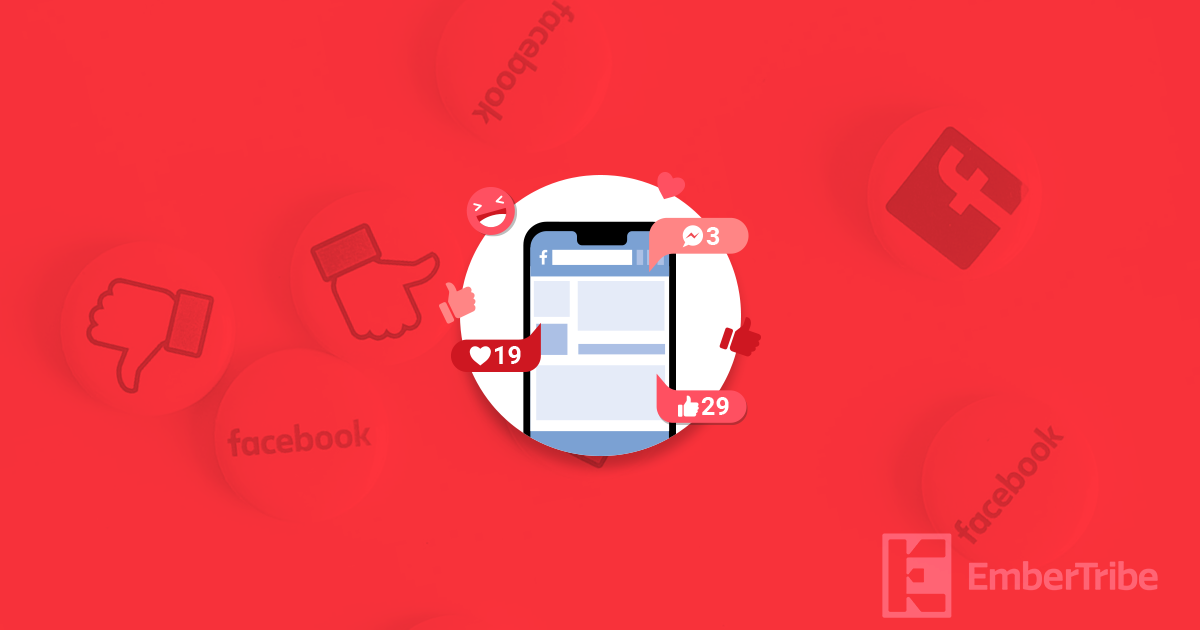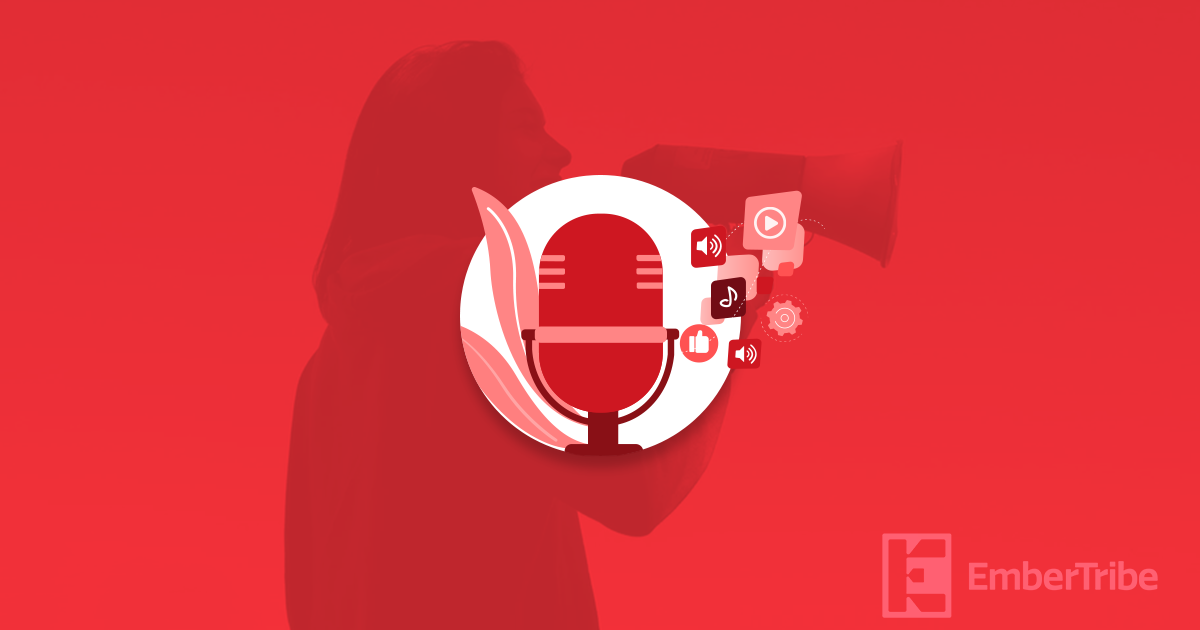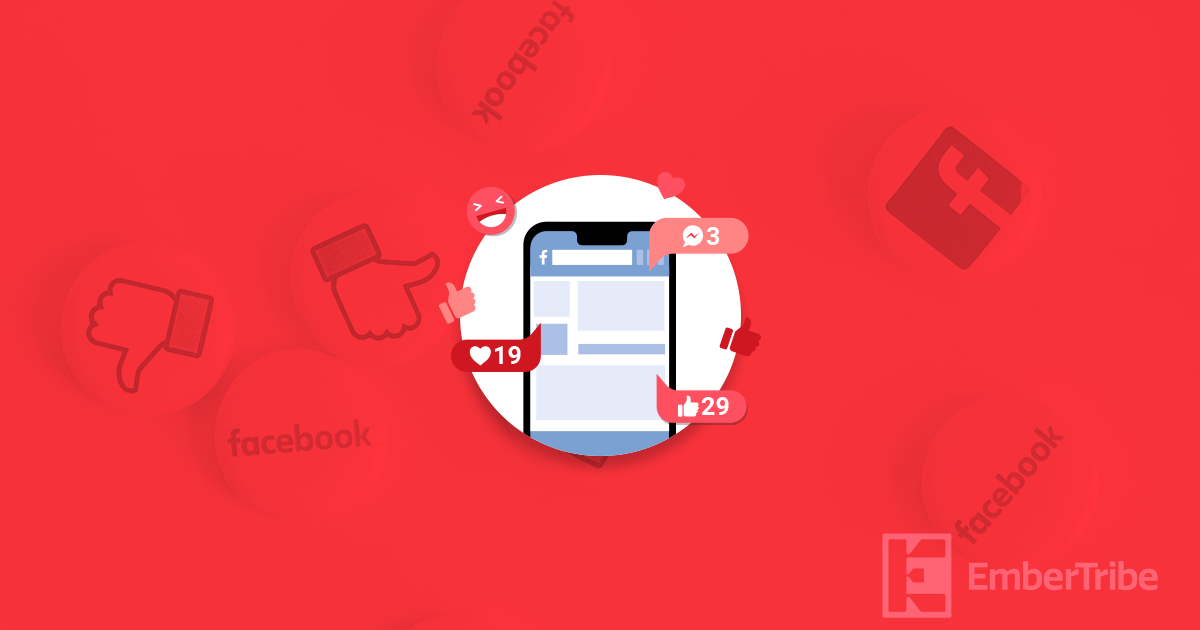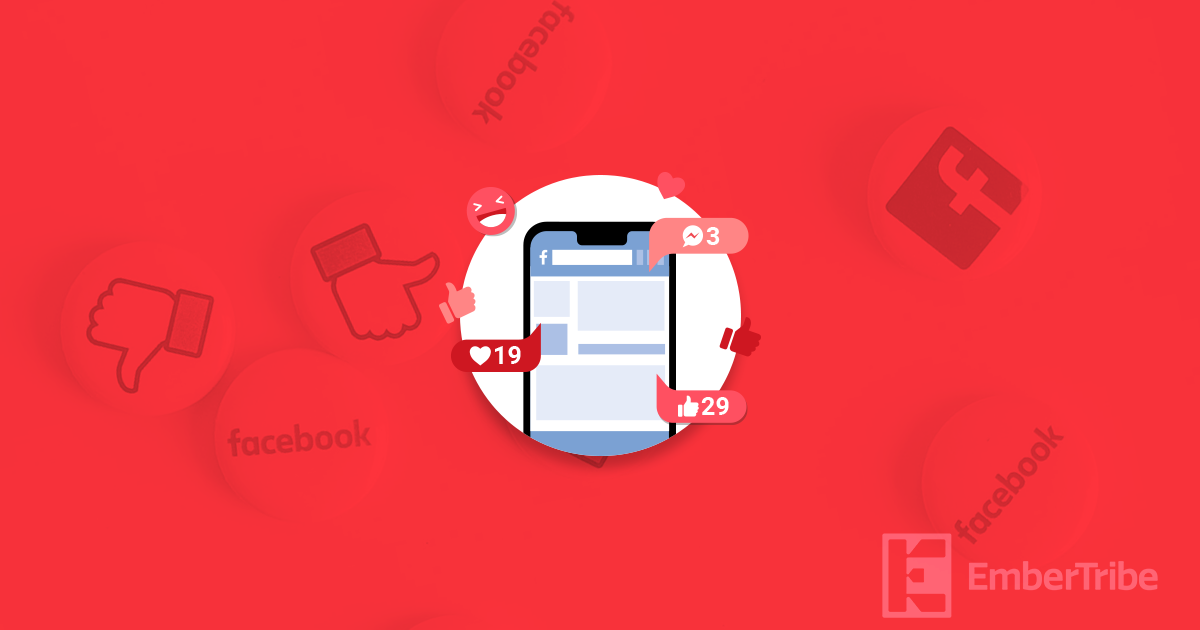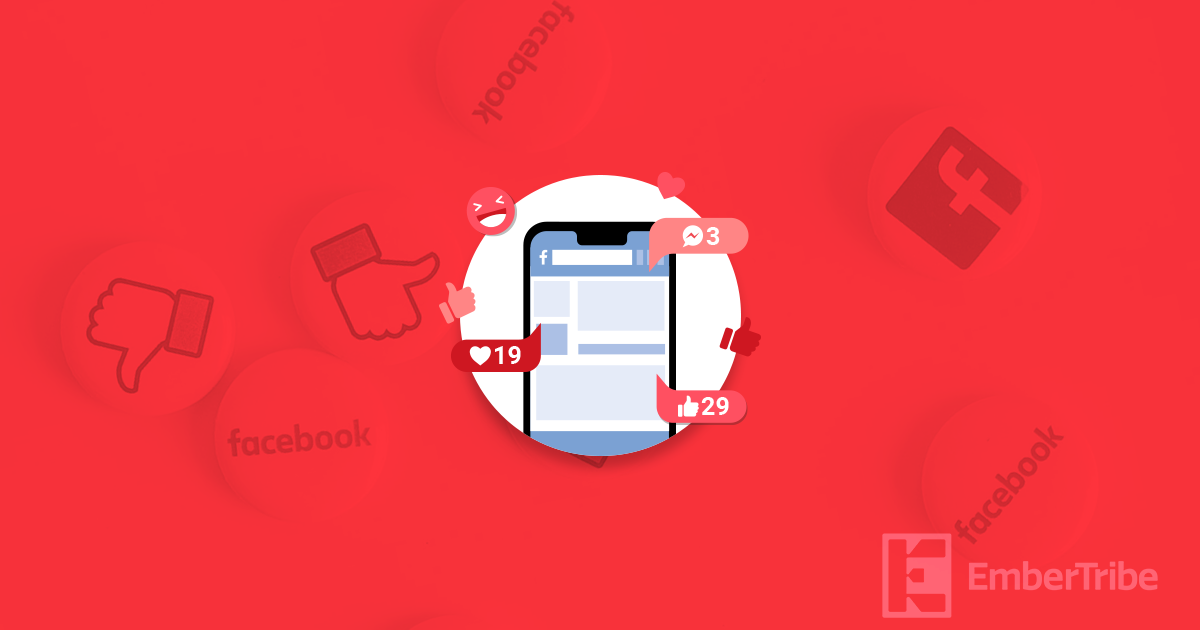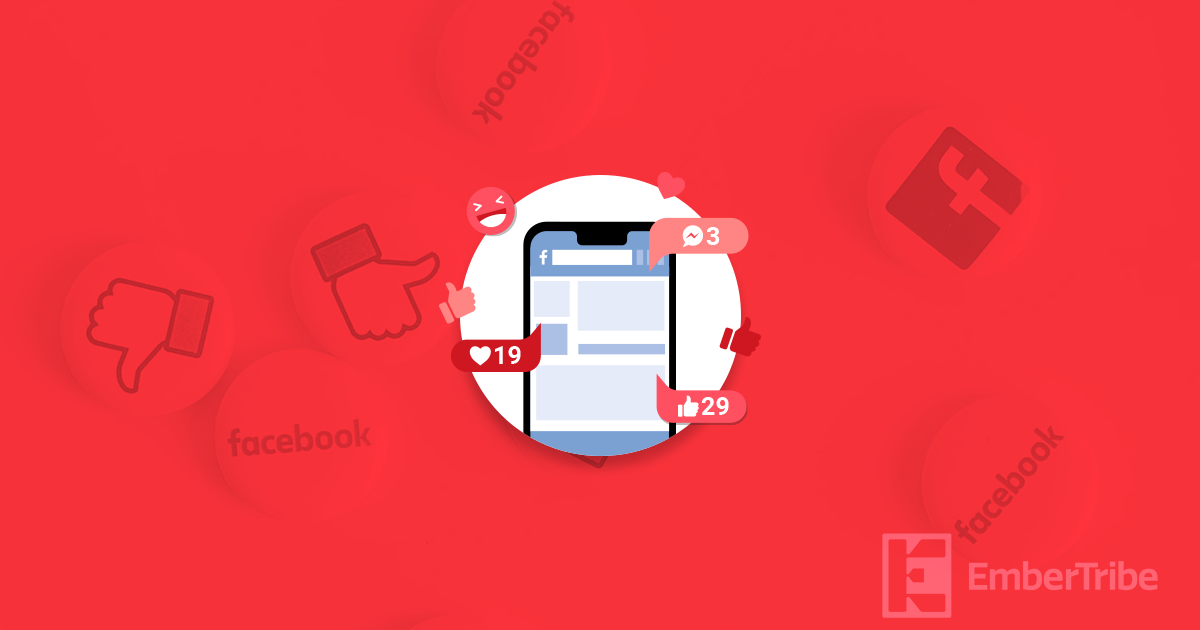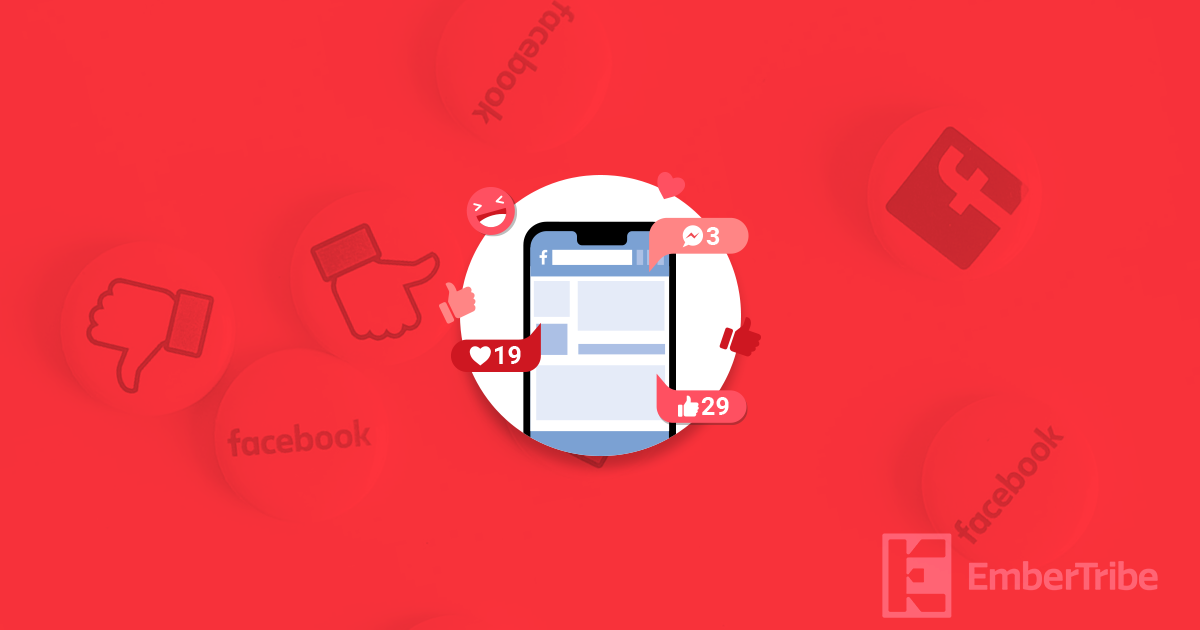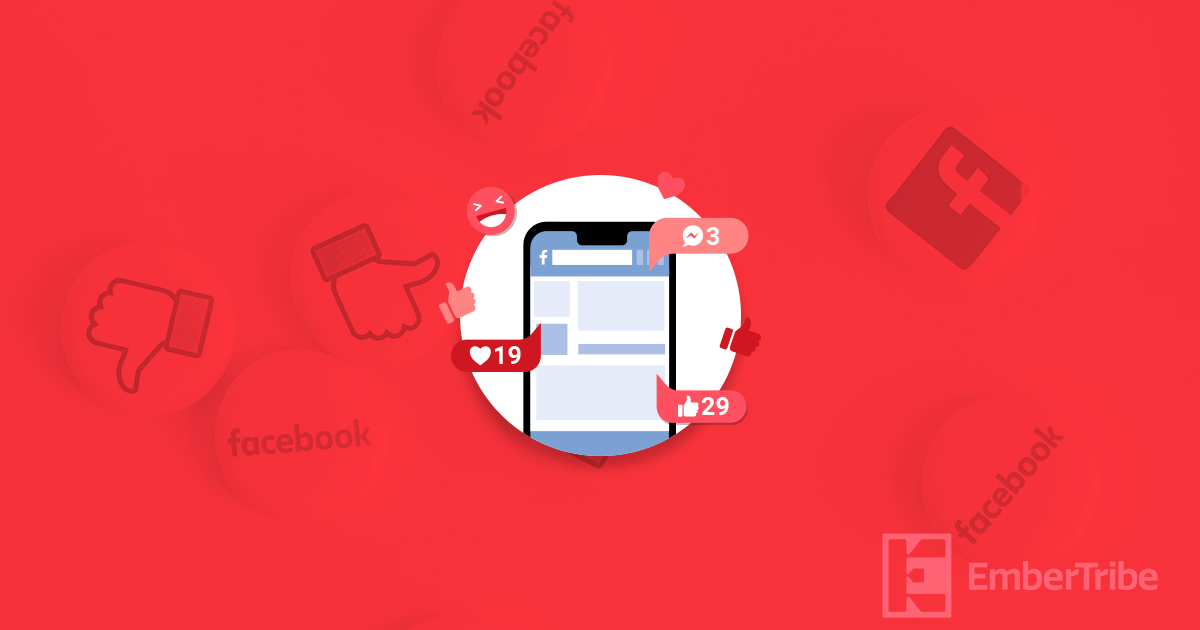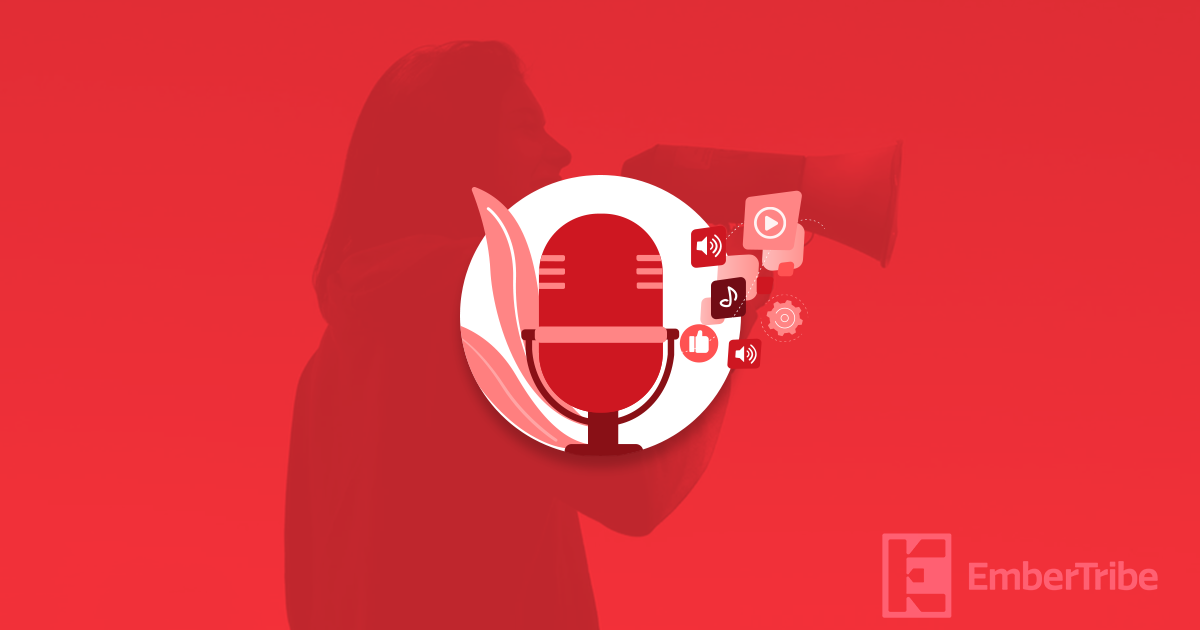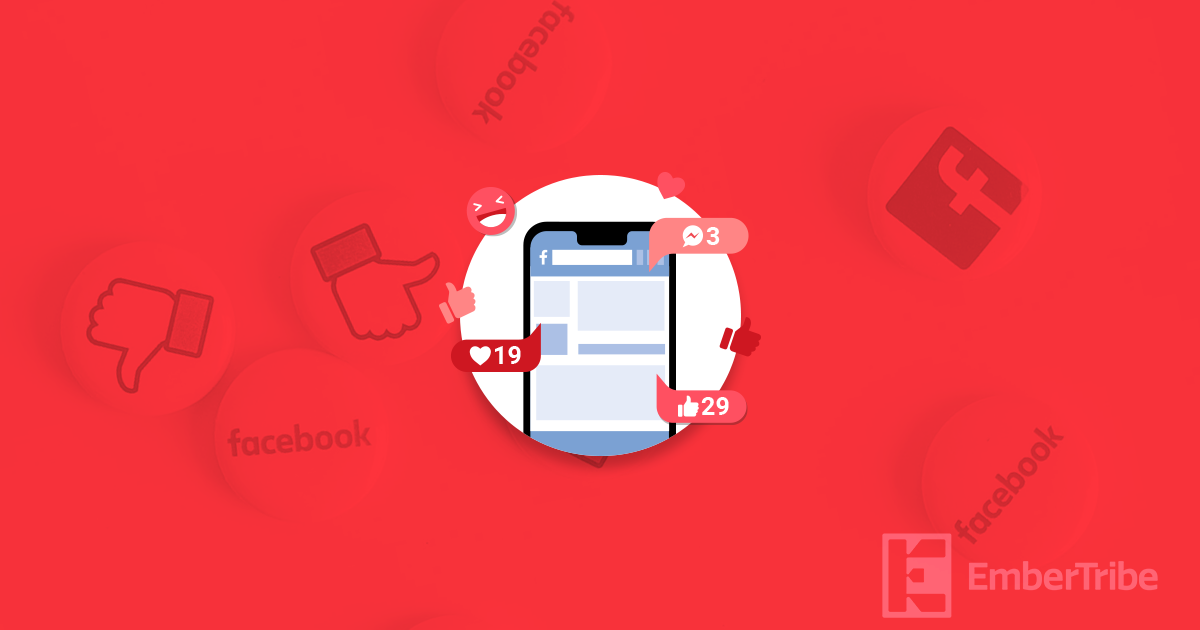
📈 Lead Generation in 2024💥
Yes, 61% of marketeres consider lead generation their top challenge. 😱
This statistic reflects the evolving landscape where capturing and nurturing leads is paramount. The digital arena is more competitive, making efficient lead generation crucial. 💡
Companies are leveraging advanced tools like AI 🤖 and predictive analytics to gain a competitive edge.
.png?width=1920&height=1080&name=EXP.%20Art%20-%20Display%20Images%20(2).png)
🌐 Without a steady stream of leads, growth becomes a daunting task. The gap between proactive and reactive businesses is widening. ⚱️
📈 The rise of social media and content marketing has transformed lead generation.
Marketers now create personalized experiences to attract potential customers in the early buyer's journey. 🛬
📉 Despite the clear benefits, some companies still hesitate to invest in lead generation.
They may rely on outdated methods or lack the expertise to implement new strategies. 🚀
Forward-thinking brands recognize the importance of staying ahead of the curve. 🍏
They allocate substantial budgets to lead generation, seeing it as an investment rather than a cost. 💡
🏏 Companies that Invest in Lead Generation vs. Companies that Don’t
🏆 📊 Data shows that businesses prioritizing lead generation achieve higher ROI. They utilize targeted campaigns to attract high-quality leads. 🌱
The result is a robust sales pipeline and increased revenue.
🛠️ Investing in lead generation also enhances brand positioning. Companies can reach a broader audience and establish themselves as industry leaders. 🌐
Their online presence strengthens, driving more traffic to their websites. This visibility translates into higher engagement and conversions. 💥

😞 Conversely, companies neglecting lead generation face numerous challenges.
They struggle to keep up with market trends and consumer expectations. 📉 Without a consistent influx of leads, sales teams operate below capacity. This inefficiency leads to missed targets and reduced profitability. ⛔
📈 Progressive companies view lead generation as a strategic priority. 💯
They continuously refine their tactics to adapt to changing dynamics. 📉
On the other hand, static companies fall behind, unable to compete with agile market players. The contrast in performance is stark and evident. 🌗
🔝 Types of Lead Generation Tactics
🛠️ Lead generation tactics have evolved significantly. From traditional methods to innovative digital strategies, the options are diverse. 📈
Content marketing remains a cornerstone. High-quality content attracts and engages potential customers, nurturing them through the sales funnel.
🎯 Email marketing is another powerful tactic. Personalized email campaigns can yield impressive results. 📧 They keep prospects informed and engaged, driving conversions.

Additionally, social media platforms offer immense potential. 🌐 Brands can leverage these channels to reach a wider audience and generate leads.
📊 SEO and PPC are critical components of a comprehensive lead generation strategy as well.
Organic search drives consistent traffic, while paid campaigns offer immediate results. 🖥️ Combining these tactics can ensure a steady flow of leads.
💡 Webinars and online events have gained traction. They provide valuable insights and engage prospects in real-time. 📅
Hosting events positions brands as thought leaders and generates high-quality leads. 👑
📈 Influencer marketing is another effective approach. Partnering with influencers can amplify reach and credibility. 📲 Their endorsements resonate with followers, driving traffic and leads.
🛠️ Lastly, referral programs leverage existing customers. Satisfied clients can refer new leads, enhancing the sales pipeline. 🤝 This tactic, combined with other, fosters loyalty and expands the customer base.
🎯 Lead Generation in Multichannel Marketing Strategies 💮
🌐 Multichannel involves integrating various platforms and tactics to create a cohesive strategy.
📈 This approach maximizes reach and engagement, capturing leads from multiple sources. 🎈
🖥️ For this, a strong online presence is fundamental. Brands must optimize their websites for lead capture.
📧 Landing pages, forms, and CTAs should be strategically placed to convert visitors into leads.
📊 Email marketing, social media, and content marketing work in synergy. They provide multiple touchpoints to engage prospects. 🎯
Retargeting campaigns, for their behalf, remind visitors of their interest, encouraging conversions. 🛠️
Brands should also consider offline channels. 📴
Events, direct mail, and telemarketing complement digital efforts. 📞 This holistic approach ensures comprehensive lead coverage.
🚀 As you see, multichannel strategies adapt to consumer behavior.
If done well, multichanneling can have a direct an substantial impact on your revenue, as with this company. 🚀🤑
Various channel allow you to meet prospects where they are, providing personalized experiences. 🌐
This adaptability is key to sustained lead generation success. 🍾
Ready to Increase Your Lead Generation Capacity?
You need a growth agency that will get to know your business, audiences, and growth opportunities like the back of their hand—and let you in on everything they learn. No secrets, no bull. Just making sparks fly together.

T.j jones
CoFounder EmberTribe
TJ will help you uncover some of the best growth opportunities for your brand in the First Call.
Facebook Articles
Digital Marketing
marketing agency
ecommerce ads
How to Choose the Right Ecommerce Facebook Ad Agency for Your Business
Ecommerce
Digital Marketing
DABA Campaigns: The Do's and Don'ts of Dynamic Ads for Broad Audiences
TribeTalk
Digital Marketing
You Snooze, You Lose: 11 Simple Ways to Give Ad Fatigue the Boot
PPC
EmberTribe
Digital Marketing
SEO and SEM: How to Build A Balanced Search Marketing Plan
EmberTribe
Social Media
Snapchat
Digital Marketing
A Digital Marketer’s Master Guide to Paid Social
Ecommerce
BFCM
Digital Marketing
Facebook Rolls Out New Features for Holiday Shopping - TribeTalk EP 60
Social Media
Digital Marketing
Making Sense of Facebook Recommendation Guidelines
Advertising
TribeTalk
Digital Marketing
Using Facebook Advanced Matching For Better Results - TribeTalk EP 57
Advertising
Social Media
Digital Marketing
5 Strategic Ways to Leverage Facebook Ad Library
Advertising
TribeTalk
Digital Marketing
Facebook Announces Changes To Attribution - TribeTalk EP 56
Advertising
TribeTalk
Digital Marketing
Facebook Will Start Limiting Ads Volume - TribeTalk EP 54
Social Media
Digital Marketing
What It's Like Taking a Facebook Blueprint Certification Exam
Lead Generation Articles

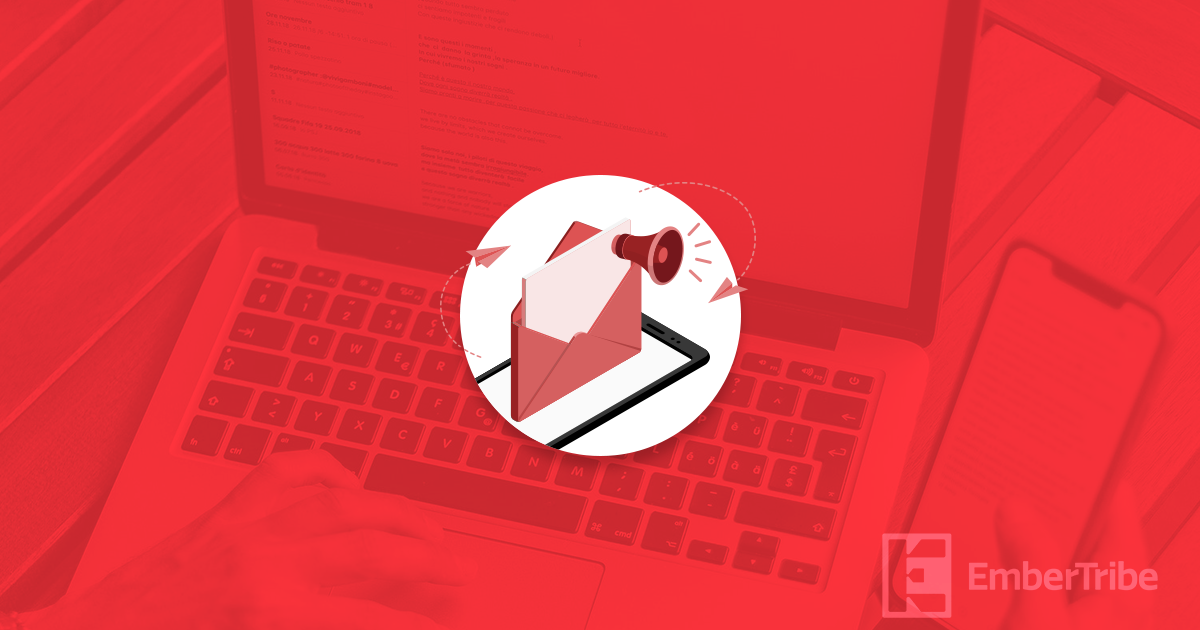
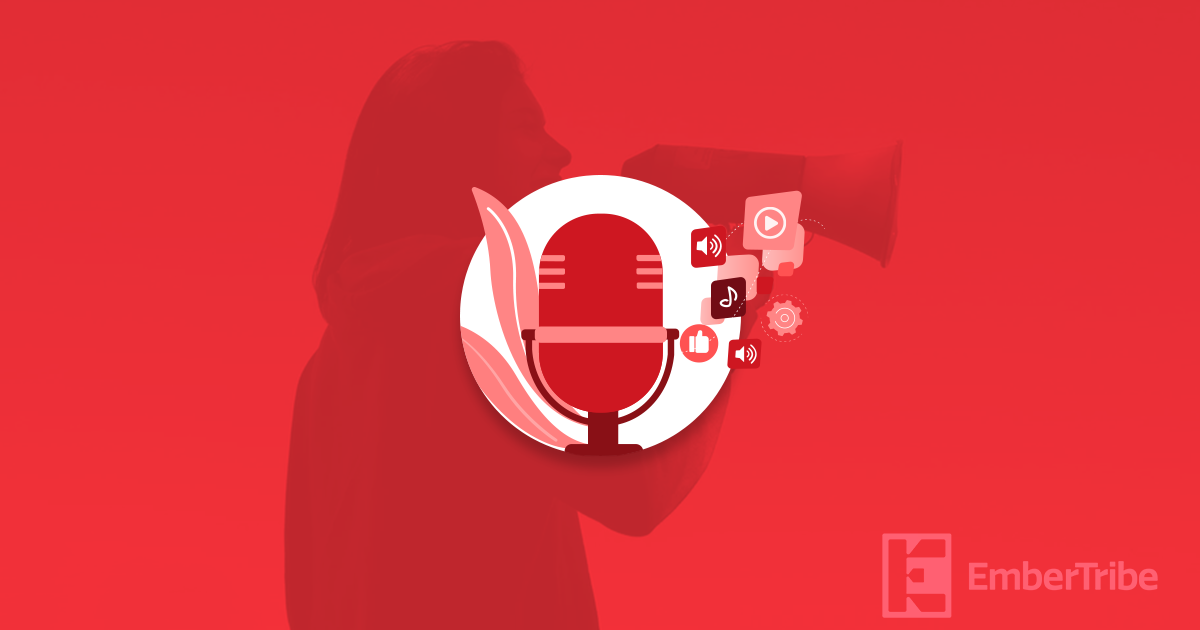
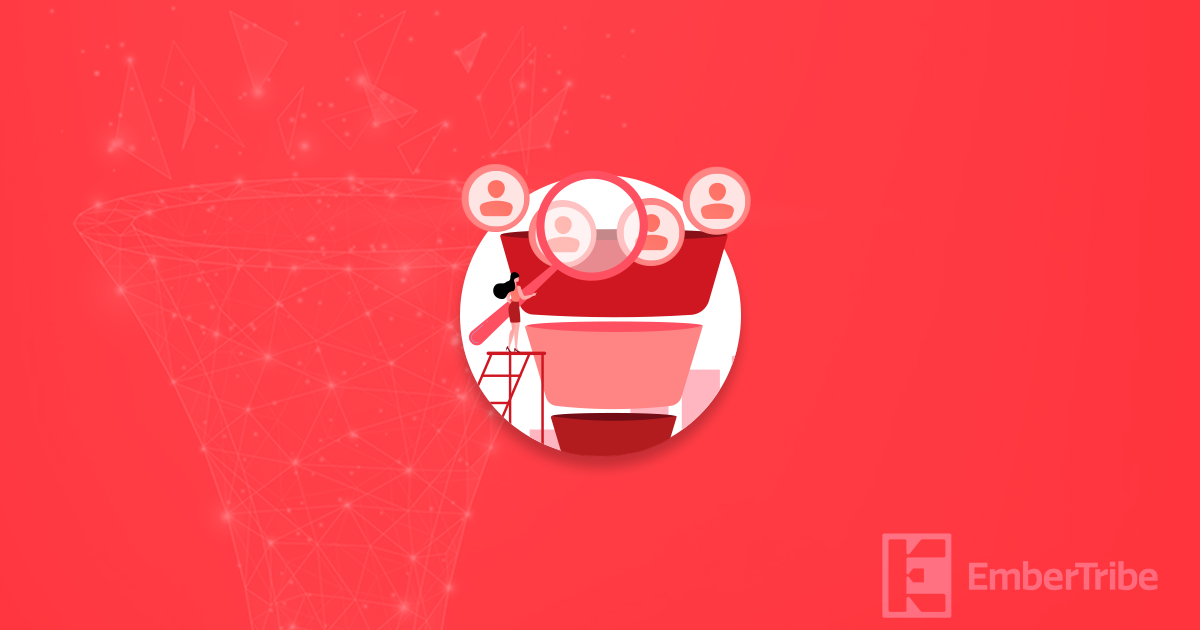
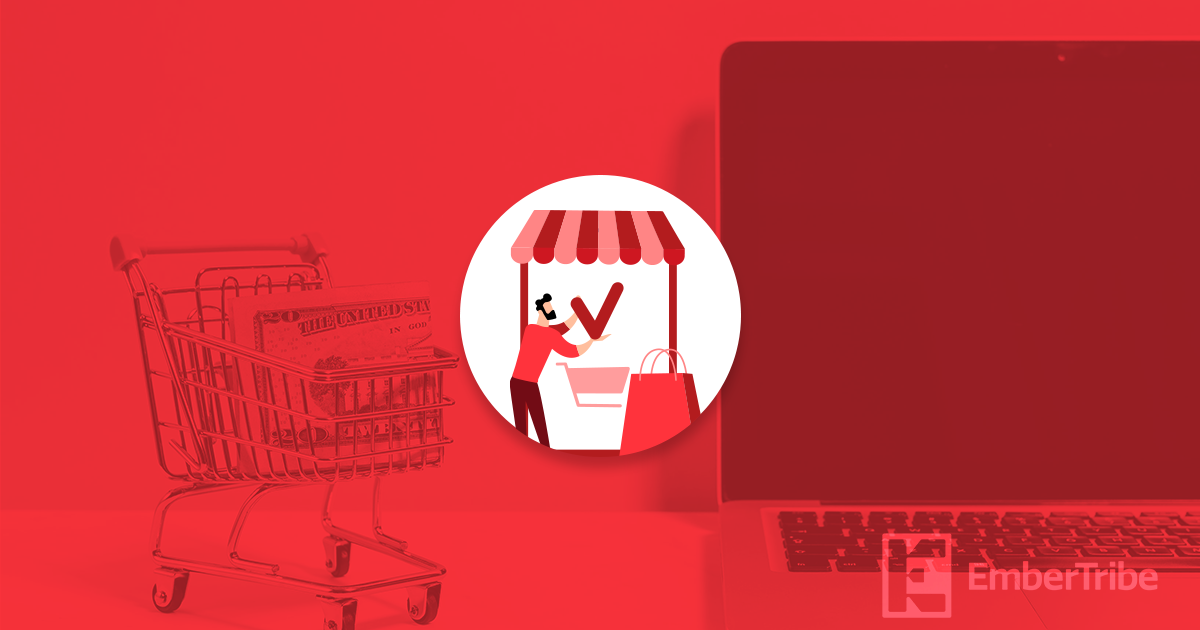

Client Success Story
Client success stories, case studies... po-tay-to, po-tah-to. These two things are one in the same to us.
Our case studies highlight the processes we took to get big wins, but at the end of the day what we're most
excited about is helping our clients succeed.
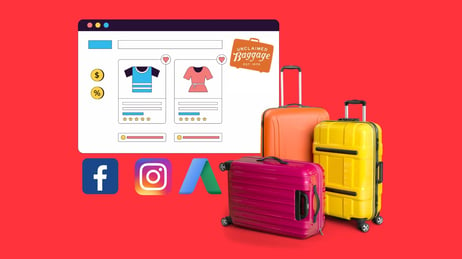
Clothing-shoes-apparel
Multi-Channel Success for eCommerce Brand: Unclaimed Baggage
The brand's primary focus has been on taking lost luggage from airports that have failed to be reunited with their previous owners and reselling the items after an extensive quality control process.

Software
8x in Lead Volume for a B2B SaaS LeadGen
Our client has been in the Software as a Service (SaaS) industry for over 6 years. Their model to acquire clients was based on a Lead Generation strategy with an internal sales team to sign new clients

Clothing-shoes-apparel
Expanding Channels for Senior Apparel Brand to Grow Revenue 11% YoY
Our client offers adaptive clothing for disabled & seniors and has been in business since 1930. They are an industry leader looking to see faster YOY revenue growth and capture more market share using paid media in a multi-channel growth system.





